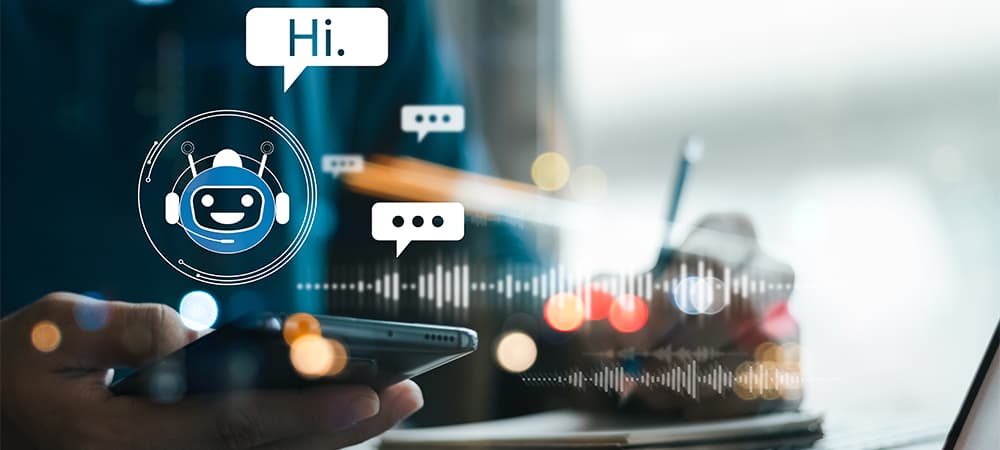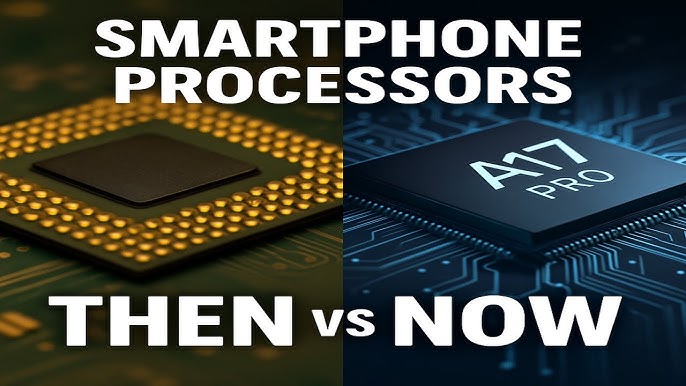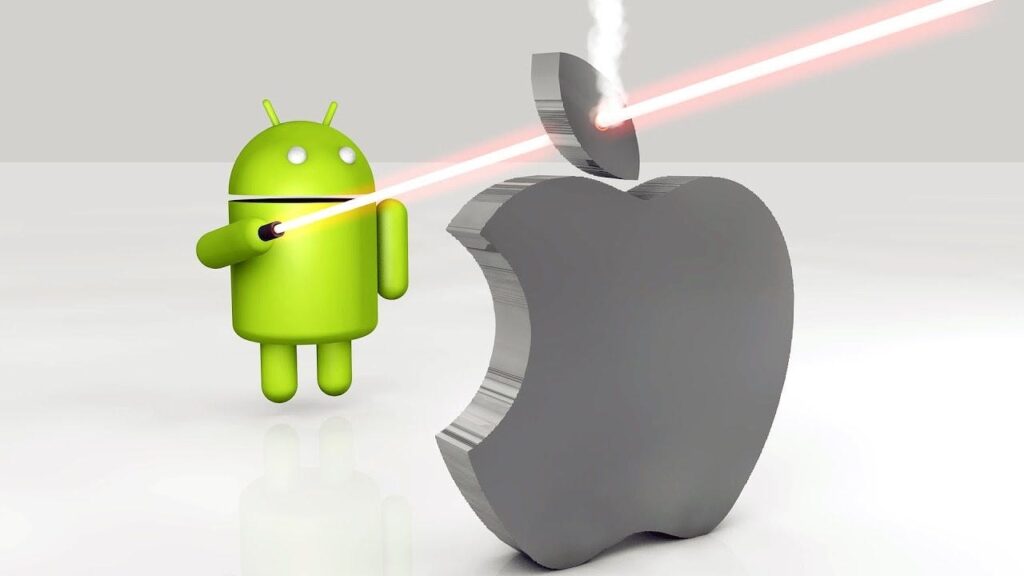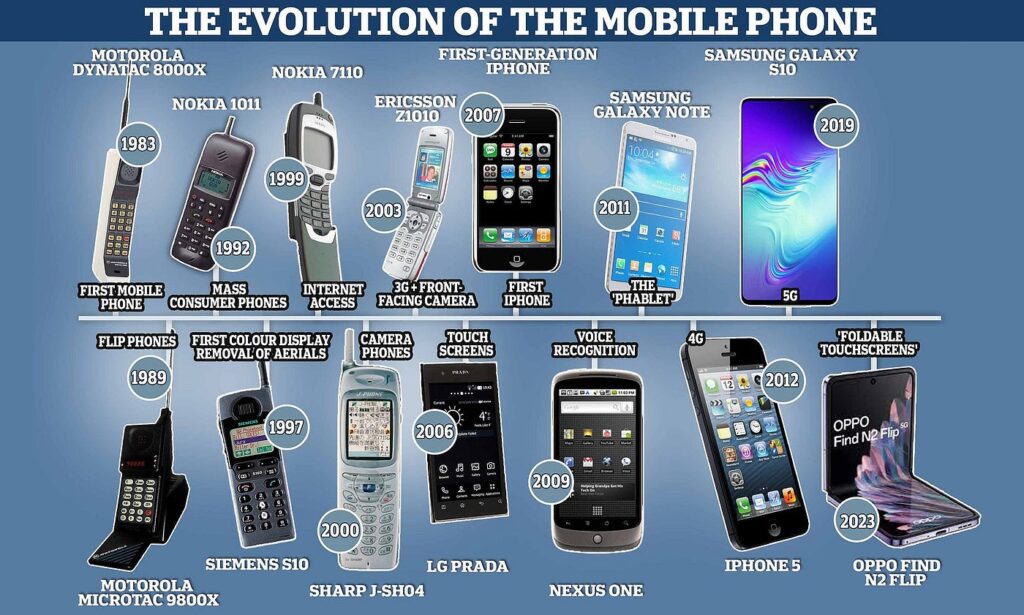In just a few short years, AI assistants like ChatGPT, Google Gemini, Claude, and others have shifted from experimental tools to essential digital coworkers. What was once seen as science fiction is now transforming the way we work, communicate, and innovate. As we step deeper into 2025, AI assistants are no longer just helping—they’re leading.

From Curiosity to Corner Office
When ChatGPT first made headlines in late 2022, it was mostly treated as a fun novelty—an intelligent chatbot that could write emails, poems, or code snippets. Fast forward to 2025, and businesses across the globe are integrating these tools directly into their workflows.
Google’s Gemini, with its seamless integration into Workspace (Docs, Sheets, Gmail), has turned into a real-time collaborator. ChatGPT, now available natively in Microsoft Copilot and various enterprise software platforms, is streamlining tasks once done by entire teams.
The evolution has been swift:
-
2022: AI tools assist with writing and brainstorming.
-
2023–2024: Integration with productivity suites and customer service platforms.
-
2025: Full-blown digital assistants capable of handling projects, managing workflows, and even making business decisions based on data.
How AI Assistants Are Reshaping Work
1. Content Creation & Marketing
Writers, marketers, and content creators have perhaps seen the biggest impact. AI assistants now help:
-
Generate blog outlines, scripts, and full articles (like this one)
-
Create SEO-optimized content at scale
-
Draft social media posts tailored to different platforms
-
Analyze audience engagement and suggest content strategies
Companies that previously relied on agencies are now building lean, AI-powered content teams.
2. Customer Service Automation
AI chatbots have replaced tier-1 support across thousands of businesses. Powered by language models like ChatGPT and Claude, these bots can:
-
Handle complex queries in multiple languages
-
Access databases to provide real-time information
-
Escalate issues appropriately to human agents
This not only reduces operational costs but also increases customer satisfaction through 24/7 support.
3. Coding & Software Development
GitHub Copilot, powered by OpenAI, revolutionized coding by suggesting entire functions or even solving bugs. Now, AI tools are being used to:
-
Translate code from one language to another
-
Write documentation
-
Test and debug automatically
-
Collaborate in real-time with developers in pair programming setups
Programmers are no longer just coders—they are now curators and validators of AI-generated code.
4. Administrative and Office Work
From scheduling meetings to drafting reports and summarizing calls, AI assistants are acting as executive assistants. Microsoft’s Copilot and Google Gemini can:
-
Read through long email chains and summarize them
-
Draft responses based on tone and priority
-
Create slides, spreadsheets, and reports with minimal input
The result? More time for strategy, less time on repetitive admin tasks.
The New Roles Emerging
With AI handling repetitive and time-consuming work, new job roles are emerging:
-
AI Workflow Designers: Professionals who design prompts and workflows for optimal AI productivity
-
AI Quality Assurance Specialists: Experts who audit AI outputs for bias, quality, and compliance
-
Prompt Engineers: Those who specialize in writing precise inputs that guide AI behavior
Rather than eliminating jobs, AI is transforming them—pushing humans up the value chain.
Challenges and Limitations
Of course, it’s not all smooth sailing. The rise of AI assistants brings challenges:
-
Hallucinations: AI can generate incorrect or misleading information confidently.
-
Security risks: Sensitive data shared with AI tools could be exposed without proper safeguards.
-
Dependence: Over-reliance on AI can lead to reduced critical thinking or deskilling.
-
Bias & fairness: Language models may unintentionally reflect societal biases unless actively mitigated.
Businesses must implement governance policies, train staff, and choose tools carefully.
ChatGPT vs. Gemini: Who’s Winning?
As of 2025, both ChatGPT and Gemini dominate but with different strengths:
| Feature | ChatGPT (OpenAI) | Gemini (Google) |
|---|---|---|
| Strength | General reasoning, coding, creativity | Integration with Google services, real-time updates |
| Usage | Popular in Microsoft apps, APIs, and websites | Built into Google Workspace and Android |
| Accessibility | Widely used by developers | Preferred by corporate teams using Google tools |
| Limitations | Sometimes outdated data (if not browsing-enabled) | Still catching up in creativity and code tasks |
Ultimately, many users and companies use both—depending on the task at hand.
What This Means for You
Whether you’re a freelancer, student, business owner, or corporate manager, AI assistants are your competitive edge in 2025. They help you:
-
Do more with less
-
Make better decisions
-
Focus on creativity and strategy
If you haven’t yet fully embraced these tools, now is the time.
Final Thoughts: Augmentation, Not Replacement
The fear that AI will replace humans is giving way to a more optimistic reality—AI augments human capabilities. Tools like ChatGPT and Gemini aren’t here to take your job. They’re here to take the boring parts of your job.
And that means you can do more of what truly matters: thinking, creating, connecting, and leading.


